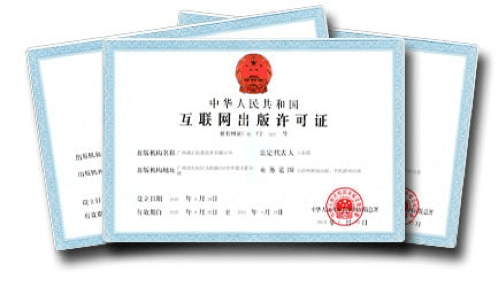June 28, 2018

Hosting + ICP Licensing
Hosting content within China remains the best option from a performance perspective. Having web servers + cloud services running within the country will skip many of the GFoC and networking bottlenecks, ensuring your content is fast and available to Chinese users. Cloud services like Aliyun have made building complex web applications within Mainland China as easy as AWS. (Note: AWS also have a China presence, operated by a local partner)
If your website or product allows, a separate China instance often solves many problems. Just be aware of the trade-offs. Hosting in China may mean that site is slower everywhere else.
Some businesses cannot put webservers or sensitive information in China for security or compliance reasons. In this case hosting in nearby Hong Kong, Taiwan or Japan can provide decent latency, but beware the networking challenges explained in the next section.
Regardless of where you host your content from, if you want it to stay accessible for Chinese users, you must have an “Internet Content Provider” (ICP) license. These licenses are issued regionally, and are typically granted by hosting providers. Technically, any website or domain which does not have an active ICP license can be blocked at any time. You must either be a Chinese Citizen to apply for a personal license, or a Chinese business to apply for a corporate license. Both require strict “Know Your Customer” processes and in-person verification. This means Foreign companies or individuals which wish to secure ICP licenses must work with a Chinese partner.
Websites are required to publish their ICP Number on the footer of their site. The license contains the region it was issued and a unique number tied to that domain. Baidu’s ICP looks like this: “京ICP证030173号”. An ICP License applies to a root domain. – in our example, all sub-domains of Baidu are covered by this license.
Remember, just because you have secured a license it does not make you exempt from the content rules above. ICP’s are often rescinded at the first sign of trouble, usually accompanied by a swift block from the GFoC.

Network Transit and Peering
Of all the technical differences between the Global and Chinese Internet, I find Network Transit the most interesting.
The internet is functionally a gigantic collection of separate networks, held together by common standards and protocols. Commercially, these large networks either pay to access one another, or they “peer” and swap traffic for free.
Mainland China’s Internet backbone is handled by three state-owned ISP’s. China Telecom (North), China Unicom (South) and China Mobile. (nationwide). Peering points for these networks are extremely congested – often resulting in massive slowdowns to internet services in one region or the next. I’ve personally seen more than one businesses operate in China for years, confident with their revenue growth in the South, not knowing (or not believing) they are non-functional in the north.
For Global ISP’s, “transit” traffic usually gets more expensive with distance. A 100mbps dedicated network connection between New York and Connecticut would be far cheaper than a 100mbps dedicated connection between New York and Dubai. Sure enough in China, the exact opposite is true. Traffic could be $8 per 1mbps of bandwidth between Guanzhou and Europe, and $80 per mbps between Guanzhou and Hong Kong, which are neighboring cities.
The reasons for these inefficiencies are two-fold: One, congested peering and expensive bandwidth creates great commercial opportunities for Chinese ISP’s. Dedicated Intra-China bandwidth between Tier 1 ISP’s can go for over $120 per mbps! That’s a lot of gravy.
Two, these inefficiencies throw up big cost barriers to foreign companies and have the added effect of slowing down foreign-hosted websites. Say for instance a Chinese user requests a web page hosted in nearby Japan. If the hosting provider doesn’t pay Chinese Telecom companies for transit, the traffic will likely flow via California or Russia, or some other distant place where transit is cheaper. Between the inefficient network paths , the delays added by the GFoC and congested peering its easy to see how most foreign-hosted websites are slowed to a crawl.
China-focused CDN’s such as Chinacache solve many of these Networking issues as they cache content all around the country and have existing transit + peering agreement with Chinese ISP’s. CDN’s are also privy to ICP rules, so you will need a license before you can serve any content from them.
We hope this has been a useful summary of the Chinese Hosting, ICP Licensing and Network infrastructure. For the conclusion in our 3-part series on the technical differences of the Chinese Internet read on in Part 3 – DNS and Software Design.
